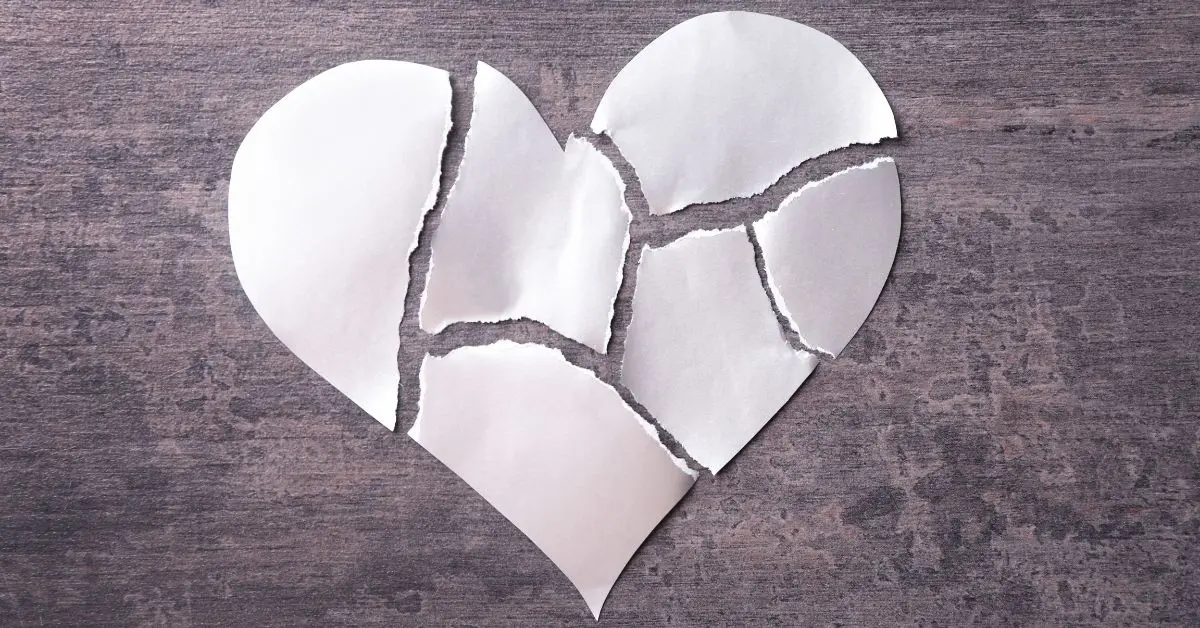JD's Midlife Tools For Living Practices, LLC


Coping with losing someone or something you dearly love is one of life’s greatest challenges. In an instant so very much changes. It can feel like our world; our life has stopped and is in pieces. And yet strangely the world just keeps on going around us while we stand still covered with in a heavy blanket of grief.
Our grief is a natural response to loss. We suffer emotionally when someone or thing we love is taken away. We just do.
Some moments our grief is so intense rather like a blizzard and we can barely find our way through the intensity of our pain. Some moments our grief is like a snow storm that we carefully negotiate our way through. Some moments our grief is like a calm gentle snow fall barely noticeable at all. It comes in waves that we slowly make our way through.
There is no right or wrong way to grieve. Many factors influence our grief process including our life experiences, faith, coping style, personality and how significant the loss was to us.
The grieving process takes time and can’t be forced or hurried. There is no timetable for grieving. Healing happens gradually. It can take weeks or months to start feeling better for some and for others it can be years.
It is important to be kind and patient with yourself and allow your grief process to naturally unfold.
We tend to associate grief with the death of a loved one. Other losses can trigger a grief response in us. This includes things like a divorce or break up of a relationship, loss of our health, losing a job, losing financial stability, having a miscarriage, retirement, death of a pet, loss of a cherished dream, a serious illness occurring to a loved one, losing a friend, losing safety after experiencing a traumatic event, selling a family home, moving away from home, graduating from college, changing jobs, a child moves away from home.
It’s normal to grieve a loss you are experiencing. Our losses are very personal to us and it’s important to allow yourself to be ok about how you feel and not feel ashamed to be grieving any loss you experience.
It’s often hard to believe early into our loss that it is actually happening. We sometime are given a gift of denial or an anesthesia like reaction to it all. It’s just too shocking and too much to take it all in. It’s like living inside a really bad dream. We can feel numb. We may expect our loved one to come home even though we know they are gone.
We can feel intense anger about our loss. Wonder why it is happening and who is to blame for it. Find ourselves angry with God and questioning religious beliefs. Even angry with the person who died for abandoning us. Angry with the doctors who treated our loved one.
We can find ourselves attempting to strike a bargain in hopes it will stop the loss if we just do X Y or Z.
We can experience depression feeling so profoundly sad that it’s hard to do much at all. We may feel emptiness, despair, yearning, deep loneliness, cry, sob, feel emotionally unstable.
We may feel guilty or regret over things we did or didn’t say or do, or even about feeling relieved when a person dies due to a difficult illness. Guilt for not being able to prevent the loss.
We may feel lots of worries and fears, helpless, anxious, insecure about the future. May even have panic attacks. We may begin to fear our own mortality, fear facing life with out the person we’ve lost, have fear about all the responsibility we now face alone.
We may notice that we are very fatigued. Grieving is exhausting work.
We may experience nausea, lowered immunity, weight gain or loss, aches and pains, insomnia as grief takes a toll on us physically too.
We may cry, have deep guttural sobs, have tears in our eyes or not cry at all.
And we can come to find some acceptance in time, some peace about our loss.
These are all parts of a healing journey.
In the face of grief’s pain, we can find ourselves wanting to isolate and withdraw from others and end up pulling inward. But to heal we do need the support of others. It is important to share your feelings when you are grieving as it helps us carry the heavy load loss brings. It is also comforting just having others around you who care. It’s best not to isolate.
Let your family and friends be there for you to lean on—even if you are the self-sufficient, strong type. Let them know what you need—a shoulder to cry on, a hug, a listening ear, someone to just hang out with—people often know what to say or do to help us.
It’s important to remember than people can feel awkward trying to comfort someone who is grieving and can end up saying or doing the wrong things. Just remember they do care.
Joining a grief support group can help us share with others who keenly understand the grieving process. You can call 211 for information about community resources in your area.
If you feel like your grief is just too much to bear, it may be time to reach for therapy to work through your intense emotions and overcome obstacles that may be interfering with your grief work.
If you have questions about what to expect in your first therapy session, how long and often to you will attend therapy, what to talk about in sessions you can find answers on our “Practice Information” under the ‘Frequently Asked Questions’ section.
If you have questions about fees, in network insurances, how we protect your health information, what our consent for treatment agreement is please check out our “Practice Information” page.

